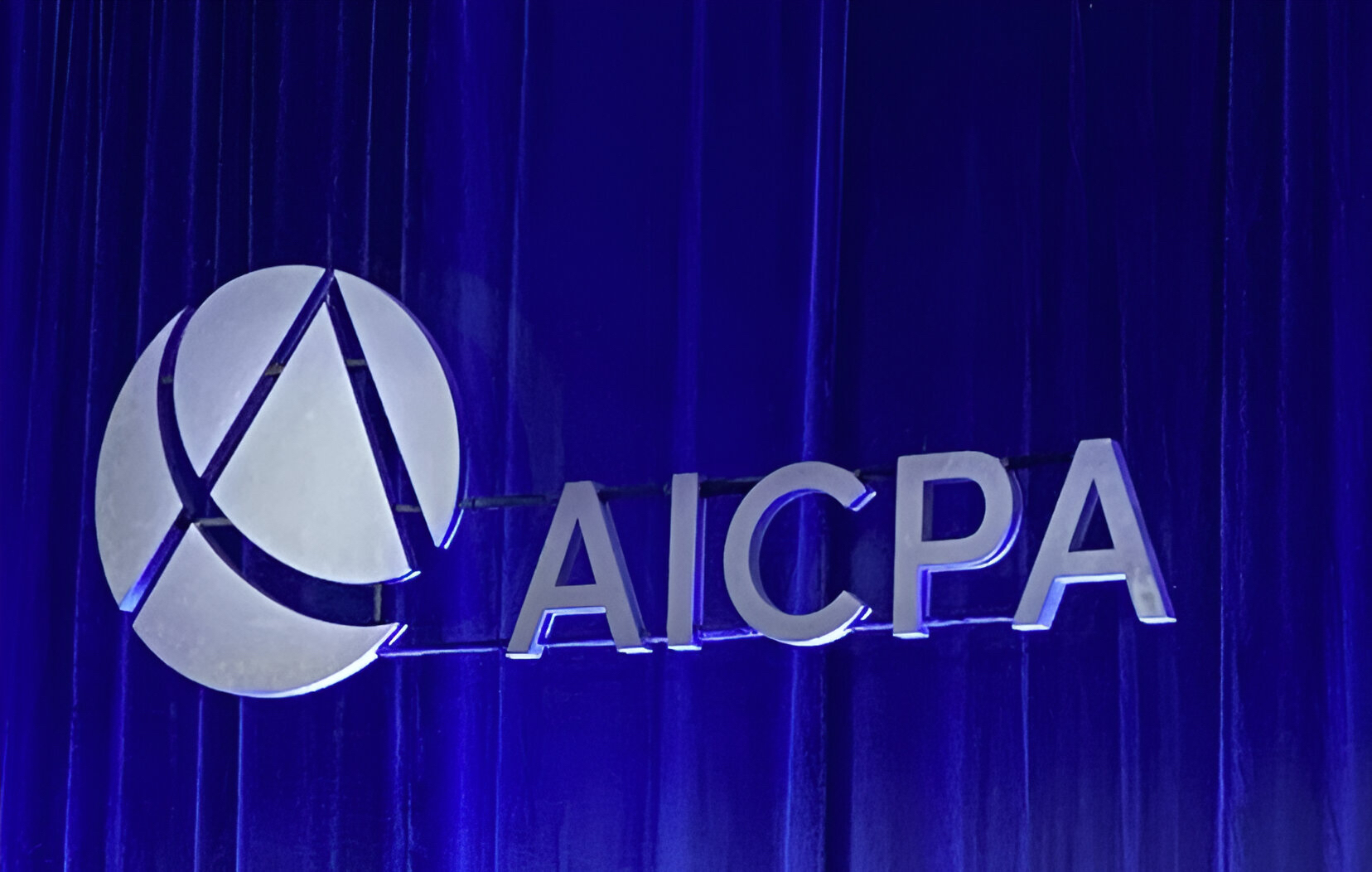A new report by the Treasury Inspector General (TIGTA) on the Patient Protection and Affordable Care Act (the PPACA) – the 2010 federal legislation also known as “Obamacare” – focuses on the “customer service” strategy promised by the IRS (TIGTA Report No. 2014-43-006). The report points out that the IRS faces numerous challenges once it takes over the main responsibilities from the Department of Health and Human Services (HHS).
The PPACA requires individuals to maintain minimum essential health insurance coverage after 2013, but may be eligible for a premium tax credit to help offset expenses. Last October, the government launched its website, at www.healthcare.gov, offering individuals a choice of health plans in state marketplaces and the ability to determine eligibility for the credit based on family income. Under the individual health insurance mandate, penalties will be imposed by the IRS on anyone failing to maintain coverage for three months, unless he or she qualifies for an exemption. The TIGTA report examined the customer service needs for these two aspects of Obamacare.
TIGTA concluded that the customer service strategy is a collaborative effort between the IRS, the Dept. of Labor (DOL) and HHS. The strategy includes sufficient plans to:
- Perform outreach and education;
- Update or develop tax forms, instructions and publications; and
- Provide employee training to assist individuals in understanding the requirement to maintain minimal coverage and the tax implications of obtaining the tax credit to offset the cost of health care insurance.
In May 2012, a “Memorandum of Understanding” between HHS and the IRS established that HHS would act as the lead agency and serve as the “public face” for providing customer service at state marketplaces until 2015. Individuals who contact the IRS for assistance will be referred to the website and toll-free telephone assistance lines. The IRS will also refer individuals to its own recorded telephone messages and self-assistance tools.
According to the master game plan, the IRS will assume primary responsibility for customer service in 2015 when individuals begin filing their 2014 tax returns. At that time, taxpayers must include the amount of any advance premium tax credit payments and reconcile it to the allowable amount. The IRS intends to provide face-to-face assistance on this issue at its 390 Taxpayer Assistance Centers located throughout the country.
Nevertheless, changes in implementation of the rules will create challenges for the IRS, says TIGTA in the new report. Depending on the nature of any changes in the law’s tax provisions, the IRS’ strategy and plans to provide customer service, outreach, education, and employee training could be affected, as well as its plans to update tax forms, instructions, and publications. All this occurs while the IRS continues to grapple with recent budgetary restraints.
Usually, TIGTA has plenty to say about how such challenges must be met. However, this current report does not include any specific recommendations, nor did the IRS comment on the report.
Thanks for reading CPA Practice Advisor!
Subscribe Already registered? Log In
Need more information? Read the FAQs
Tags: Benefits, IRS, Legislation





